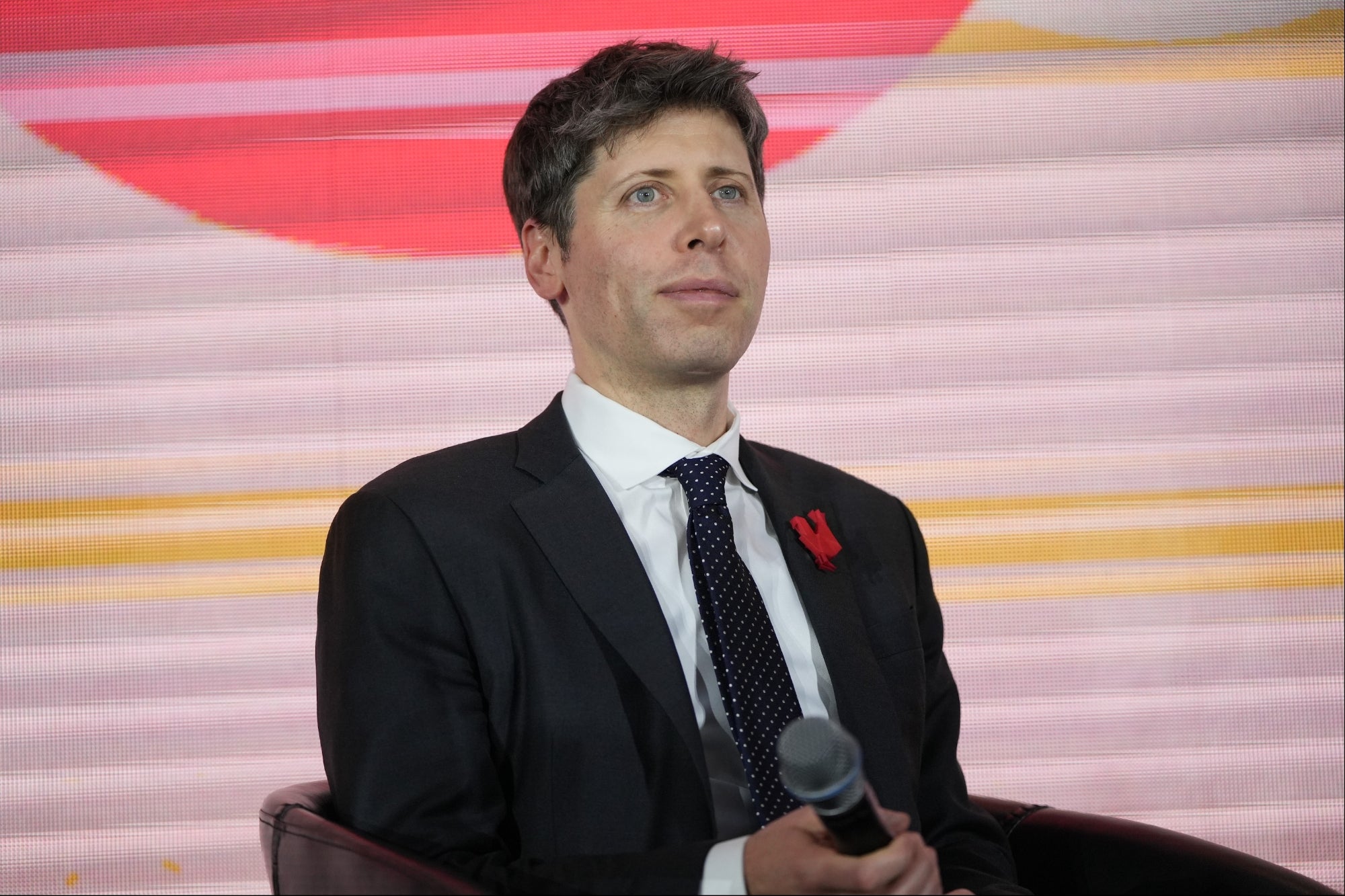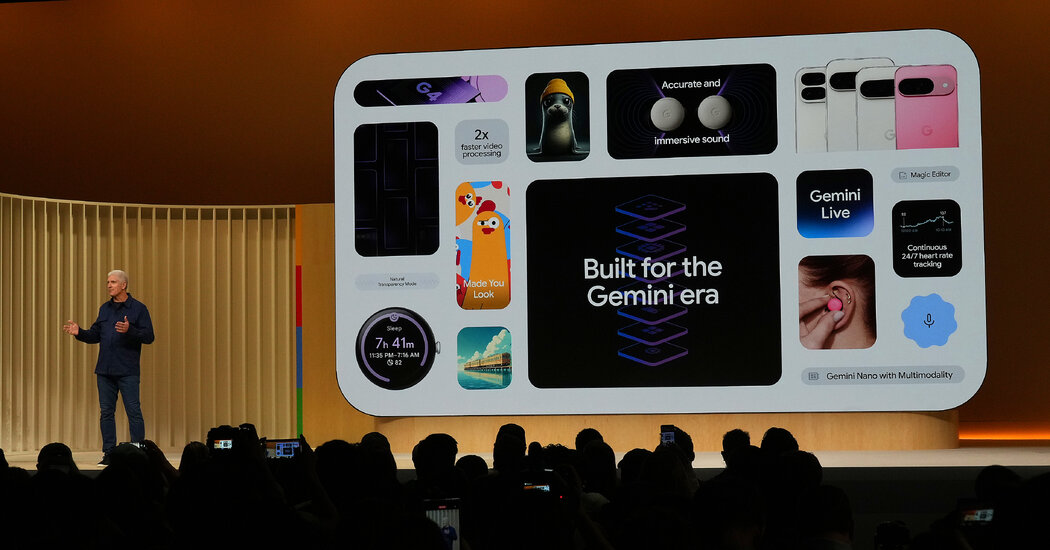Months after publicly stating its intention to shake up its corporate structure, OpenAI has reversed course and decided that its nonprofit arm will keep controlling its for-profit business.
According to an OpenAI blog post published Monday, the company’s board of directors decided that OpenAI will continue to rely on the oversight and control of its nonprofit division moving forward.
“OpenAI was founded as a nonprofit, and is today overseen and controlled by that nonprofit,” OpenAI board chairman Bret Taylor wrote in the blog post. “Going forward, it will continue to be overseen and controlled by that nonprofit.”
The company’s for-profit LLC, which has lived under the nonprofit since 2019 and will continue doing so, will become a public benefit corporation (PBC). A PBC is a for-profit business that must consider the public good in addition to profit in its decisions. The nonprofit division of OpenAI will control and be the biggest shareholder in the PBC.
“Our mission remains the same,” Taylor noted. OpenAI’s mission is “to ensure that artificial general intelligence benefits all of humanity.”
In December, OpenAI publicly indicated in a blog post that it was thinking about making its for-profit section a PBC, but one that had complete control over OpenAI’s operations and business. The non-profit side would not oversee the for-profit, but would instead be in charge of charitable initiatives.
Taylor wrote on Monday that OpenAI chose to reverse course and have the nonprofit retain control over the for-profit business after talking to civic leaders and with the offices of the Attorney General of Delaware and the Attorney General of California.
More than 30 civic leaders, former OpenAI staffers, and Nobel laureates delivered letters to the offices of the attorneys general last month to ask that they stop OpenAI’s effort to break from its non-profit governance.
 OpenAI CEO Sam Altman. Photographer: Nathan Laine/Bloomberg via Getty Images
OpenAI CEO Sam Altman. Photographer: Nathan Laine/Bloomberg via Getty Images
OpenAI has recently been embroiled in a legal battle with Elon Musk, who helped co-found the company and left in early 2018 following a failed bid to take it over. Musk has since filed lawsuits against OpenAI and its CEO, Sam Altman, accusing them of breaking OpenAI’s founding agreement and working to maximize profits for Microsoft instead of humanity as a whole. Microsoft has invested close to $14 billion in OpenAI.
Musk even led an unsolicited offer to buy OpenAI for $97.4 billion in February, which Altman quickly shot down on X. As of press time, Musk had yet to comment.
Related: OpenAI Is Creating AI to Do ‘All the Things That Software Engineers Hate to Do’
OpenAI started as a nonprofit in 2015 and transitioned to a “capped profit” company in 2019, meaning that the company’s profits were limited to a certain amount, with excess profits given to the nonprofit parent organization. The for-profit arm raised $1 billion from Microsoft in 2019, alongside a $100 million initial fundraising round.
In November 2022, OpenAI launched its AI chatbot ChatGPT, which was used by 500 million global weekly users as of March, up from 400 million in February.
OpenAI closed a $40 billion funding round in March, the biggest private tech deal ever, which valued the company at $300 billion.

